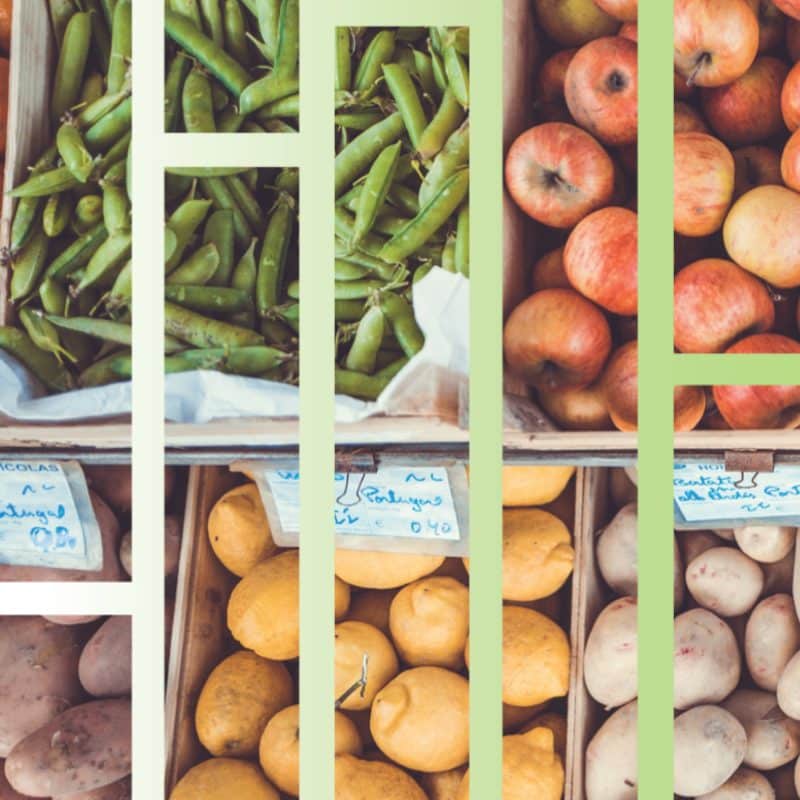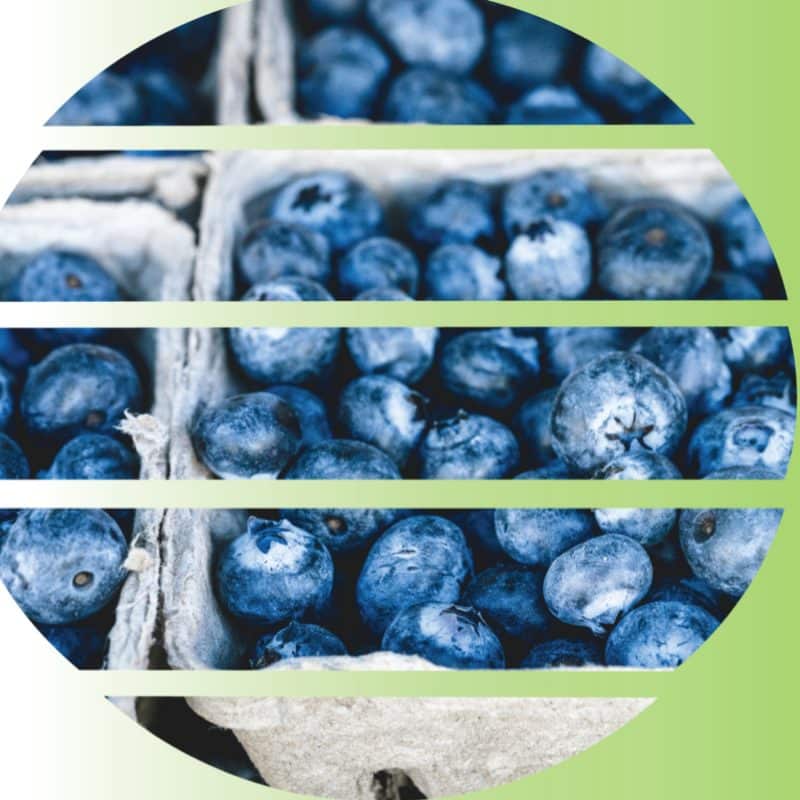Is Organic Sourcing Worth the Challenges?
Why Put in the Extra Work for Organic Sourcing
What are consumers looking for from the food industry right now? Organic product. As the demand for organic food rises, so do the challenges of sourcing it.

More and more consumers are seeking out quality organic foods. In fact, 82 percent of U.S. households purchased organic products in 2016. That same year, organic sales totaled around $47 billion, increasing almost $3.7 billion from the previous year.
Now, organic food accounts for more than five percent of all food sales in the U.S., according to the Organic Trade Association.
With the demand for organic food on the rise, quality organic sourcing is becoming more imperative for the food industry. But, as the demand for quality sourcing increases, so do challenges of sourcing for food manufacturers.
Importance of quality sourcing
Profits in the food industry have been falling over the past decade, creating a challenging environment for companies and food industry players. Now, businesses are being pushed to reconsider the way they select, specify, source, and manage the ingredients going into their foods.
Not only are consumers looking for safe, quality products, but they also want to know that each step of the supply chain of their organic food is focusing on the welfare of employees and the environment. Because of this, more pressure is on retailers and on manufacturers to implement ethical and organic sourcing and be transparent about their supply.
Maintaining an organic supply chain usually results in higher supply costs and labor, and in turn, consumers get higher prices. However, quality organic sourcing is worth the expense and challenges that come with it. As consumer awareness and demand for organic food continues to increase, so does the importance of quality organic sourcing.

Challenges of quality sourcing
In order to hold the official organic seal, the U.S. Department of Agriculture requires certified organic products to contain at least 95 percent organic ingredients, Food Business News reported. However, the U.S.D.A. says less than one percent of U.S. farmland is certified as organic.
Organic sourcing is a challenge because while farmers are looking to provide certified supplies, transitioning fields from conventional farming methods to organic farming methods takes time. In most instances, at least three years are required to convert a farm to organic methods, according to Food Business News. During this time of conversion to organic, although farmers are using organic practices, they are not paid for their products with organic prices.
Equally challenging is the restriction of acreage and knowledge. Building an organic supply chain comes with the restriction of needing organic acreage and having the knowledge required for succeeding in agricultural production in an organic system.
Other factors that make sourcing organic ingredients difficult include the possibility of a crop not being available in the quantity that is in demand. Crops also vary from season to season every year, and taste profiles are different for everyone, making it trickier to create a standardized product for consumers.
Want to know more about sourcing and other organic news? Stay tuned and follow Germinal Organic on LinkedIn for more consumer and industry insights.
